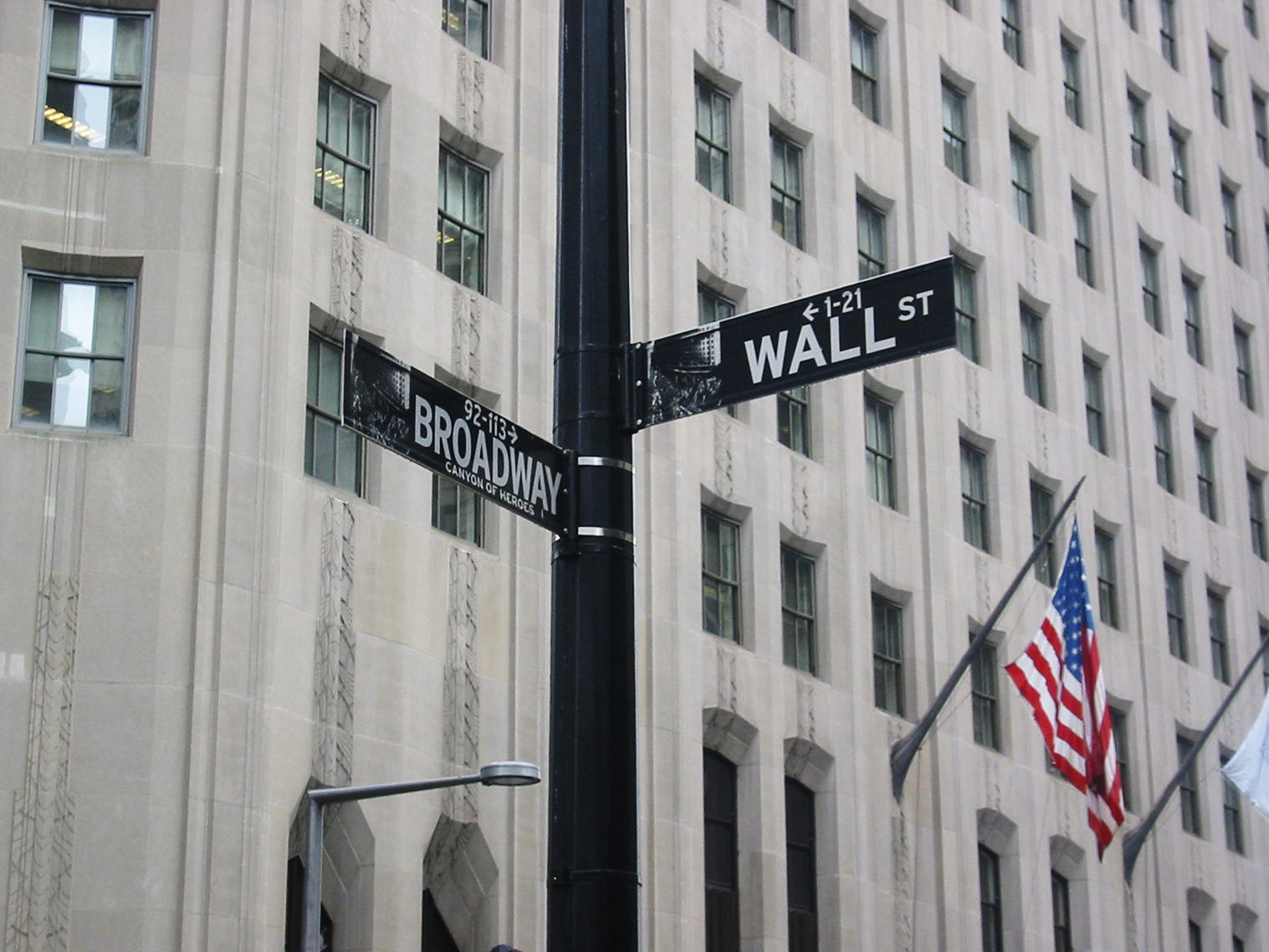
Wikimedia Commons
As the coronavirus continues to disrupt daily life, members of the Yale and New Haven communities are bracing for the economic impact of the pandemic.
Though the economic consequences of COVID-19 remain unclear, both Yale and New Haven will almost certainly face financial hardships resulting from a nationwide recession caused by the virus. In five interviews with the News, members of the Yale and New Haven communities discussed the impacts of the virus and how it may affect a variety of areas — ranging from the endowment, donations and local business.
“Right now, it’s wise to fear bad things, but we just don’t know how bad it will be,” said economics Professor Timothy Guinnane.
Guinnane said that because Yale is a private university, it relies heavily on its endowment. According to the professor, while the endowment will certainly lose value in line with drops in other stocks and assets, the fund is still a “big cushion” that should help the University in comparison to institutions with smaller endowments or that rely more heavily on state funding. But he said that he believes one of the larger problems for Yale could be how the recession impacts the financial security of University community members.
In addition to its endowment, Yale also relies on alumni gifts and donations. Guinnane speculated that as people run into financial problems, they may be “less willing to give money,” as had happened after the 2008 recession, he said. He added that a recession may challenge families, leading to a possible increase in the number of students who request financial aid.
But according to Professor of Political Science Ian Shapiro — who clarified that he is not an economist and has no direct knowledge of a recession’s possible effect on the endowment — it is difficult to know what kinds of financial hurdles Yale will face. Although he does not know what the University investment managers have holdings in, he thinks it is possible that Yale “might have some very savvy investments” that could continue to perform well even amid the recession.
“All of this is highly speculative because the market volatility we are seeing now, so it’s very hard to say where it’s going to end up,” said Shapiro. “But for all we know, Yale has invested in Amazon and Zoom.”
Shapiro based his conclusions in part on his work as the former director of the MacMillan Center for International and Area Studies — a position he held during the financial crisis of 2008. Through this position, he found that when faced with economic concerns, the University will likely do everything it can to protect its core functions of teaching and research.
Guinnane voiced similar sentiments about the importance that Yale prioritize its spending on scholarship in times of economic distress.
“A lot of what happens at Yale depends on, if we have to tighten our belts, how we tighten our belts,” said Guinnane. “If we stop doing things that are less important, then we should be relatively okay.”
According to economics Professor Joseph Altonji, many academics reference the 2008 financial crisis in predicting the impacts of this recession. But to Altonji, this economic situation is unique.
Altonji said that unlike past downturns, a pandemic directly caused this crisis. Further, public health measures like social distancing impact both production — with many people unable to go to work — and consumption, which has lagged due to the closing of certain businesses as well as a decline in consumer demand. In order to get past this recession, Altonji said that the nation must first address the root cause of the economic decline.
“Probably the most important thing is to get past the pandemic so that people can safely go back to their daily lives,” Altonji said.
In the city of New Haven, where the economy benefits from student activity, the effects of the coronavirus are severe. According to President and CEO of the Greater New Haven Chamber of Commerce Garrett Sheehan, the city has already seen devastating impacts, including closings and massive layoffs in restaurants, retailers and hotels.
“It’s double-whammy losing the students during a time that is normally a peak revenue period and having no backfill from the local community,” Sheehan wrote in an email to the News.
But Sheehan is encouraging people to continue supporting New Haven businesses to the extent that they can — ordering takeout, buying gift cards, shopping online, to name a few. While Sheehan stated that he expects to see “more local businesses and industries suffer as the global halt in economic activity is felt,” he feels confident that the city will make it through this pandemic and get back to its prior economic standing.
The Greater New Haven Chamber of Commerce has been in operation for 226 years, meaning the business community of New Haven has endured through the Civil War, two World Wars, the 1918 flu epidemic and many more catastrophes.
Julia Bialek | julia.bialek@yale.edu







